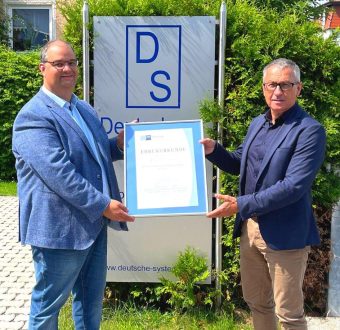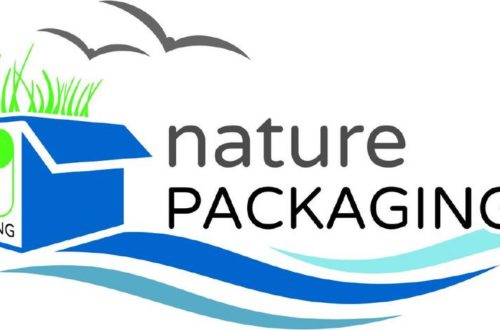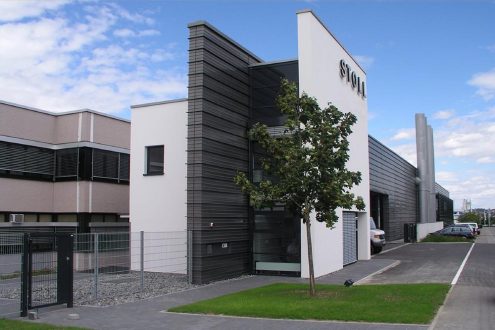Taking an integrated approach to functional safety and industrial IT security
Functional safety assessment has the purpose of ensuring that complex installations and systems function correctly. Requirements are set out in the IEC 61508 international standard and in further industry-specific standards, among them EN ISO 13849-1 for safety of machinery control systems, ISO 26262 for safety-critical systems in road vehicles, and the EN 5012X series of standards for railway functional safety. Matthias Ramold, Head of Rail Automation at TÜV SÜD Rail GmbH, says: “We hold all the necessary accreditations to perform assessment and certification under these standards. In addition, we have extensive experience with the implementation of these requirements in practice.”
Cybersecurity requirements
Increasingly highly digitalized environments require a broader definition of safety in order to protect connected installations and systems not only from functional safety failures, but also from threats regarding industrial IT security or cybersecurity. Regulations governing cybersecurity requirements are also set out in recognized standards. One such is the IEC 62443, an overarching series of standards defining requirements to be fulfilled by operators, integrators, and component manufacturers of industrial automation control systems. Cybersecurity requirements for the automotive industry are described in ISO/SAE 21434 “Road vehicles – cybersecurity engineering,” which addresses the safety of electrical and electronic (E/E) systems in vehicles. The standard supports companies in defining a structured process for guaranteeing cybersecurity throughout the full life cycle of a vehicle.
Certified tools reduce effort
Given the complexity of digital software and technical hardware solutions, tools are playing an increasingly important role in the development of new applications. Certified tools can be used for a variety of projects and clients. TÜV SÜD’s tool certification covers the requirements set out in a number of standards including ISO 26262, IEC 61508, EN 50128, and ISO/SAE 21434, and thus significantly reduces the work involved in gaining additional certification.
Günter Greil, Business Line Manager Rail Automation at TÜV SÜD, is convinced that compliance with the functional safety and cybersecurity requirements set out in standards results in crucial competitive edge: “The challenge is to take an integrated approach to functional safety and industrial IT security, and to define and implement appropriate risk minimization measures on that basis.” The range of products and services provided by TÜV SÜD comprises not only expert assessments, audits and tests as well as certifications based on the standards given, but also workshops and training for a variety of industries.
More information can be found at SPS 2024 (Hall 5, Stand 310) and on the Internet at
• Functional safety
• Cybersecurity for safety components
• Embedded-Systems – certification and assessment
Founded in 1866 as a steam boiler inspection association, the TÜV SÜD Group has evolved into a global enterprise. More than 28,000 employees work at over 1,000 locations in about 50 countries to continually improve technology, systems, and expertise. They contribute significantly to making technical innovations such as Industry 4.0, autonomous driving and renewable energy safe and reliable. tuvsud.com
TÜV SÜD AG
Westendstraße 199
80686 München
Telefon: +49 (89) 5791-0
Telefax: +49 (89) 5791-1551
http://www.tuvsud.com/de
Corporate Communications
Telefon: +49 (89) 5791-2372
Fax: +49 (89) 5791-2269
E-Mail: thomas.oberst@tuev-sued.de
![]()



